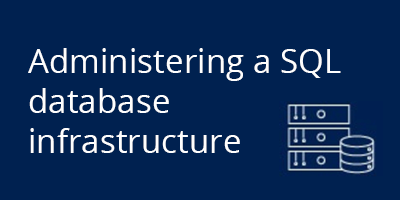Description
Introduction of CISSP certification
The Certified Information Systems Security Professional (CISSP) is one of the most respected and globally recognized certifications in the field of information security. Offered by (ISC)², CISSP is designed for professionals responsible for securing an organization’s information systems. The certification covers a broad spectrum of topics, from risk management to software development security, and ensures that professionals possess the expertise to protect critical assets and manage security risks effectively. Completing the CISSP certification provides professionals with the knowledge and skills needed to design, implement, and manage comprehensive security programs.
Prerequisites of CISSP
- At least five years of cumulative, paid work experience in at least two of the CISSP domains.
- A strong understanding of information security principles, risk management, and security controls.
- Familiarity with networking protocols, operating systems, and encryption techniques.
- Experience in leadership roles related to information security management is recommended.
TABLE OF CONTENT
1: Security and Risk Management
1.1 Security Governance Principles
1.2 Compliance
1.3 Legal and Regulatory Issues
1.4 Professional Ethics(Ref: Mastering in Certified Secure Software Lifecycle Professional (CSSLP))
1.5 Risk Management Concepts
1.6 Threat Modeling
1.7 Security Awareness and Education
2: Asset Security
2.1 Information and Asset Classification
2.2 Ownership
2.3 Protect Privacy
2.4 Information Security Roles and Responsibilities
3: Security Architecture and Engineering
3.1 Security Models and Frameworks
3.2 Security Engineering
3.3 Communication and Network Security
3.4 Identity and Access Management
3.5 Security Assessment and Testing
3.6 Security Operations
4: Communication and Network Security
4.1 Secure Network Architecture Design
4.2 Secure Communication Channels
4.3 Network Attacks
5: Identity and Access Management (IAM)
5.1 Access Control
5.2 Identity Management Implementation
5.3 Authentication
5.4 Authorization
5.5 Accountability
6: Security Assessment and Testing
6.1 Security Assessment
6.2 Test Output and Reporting
7: Security Operations
7.1 Security Operations Concepts
7.2 Incident Management
7.3 Disaster Recovery Planning
7.4 Business Continuity Planning
7.5 Legal and Regulatory Issues in Incident Handling
8: Software Development Security
8.1 Security in the Software Development Lifecycle
8.2 Development Environment Security Controls
8.3 Software Security Effectiveness
Conclusion:
The CISSP certification is a prestigious credential for information security professionals, ensuring they have the expertise to safeguard organizational assets against emerging threats. With its broad coverage of security domains, CISSP provides a holistic view of security and risk management that is crucial for professionals seeking career advancement in cybersecurity. The knowledge gained from the CISSP training will not only help secure enterprise-level systems but also equip professionals with the tools to adapt to the ever-evolving cybersecurity landscape.







Reviews
There are no reviews yet.